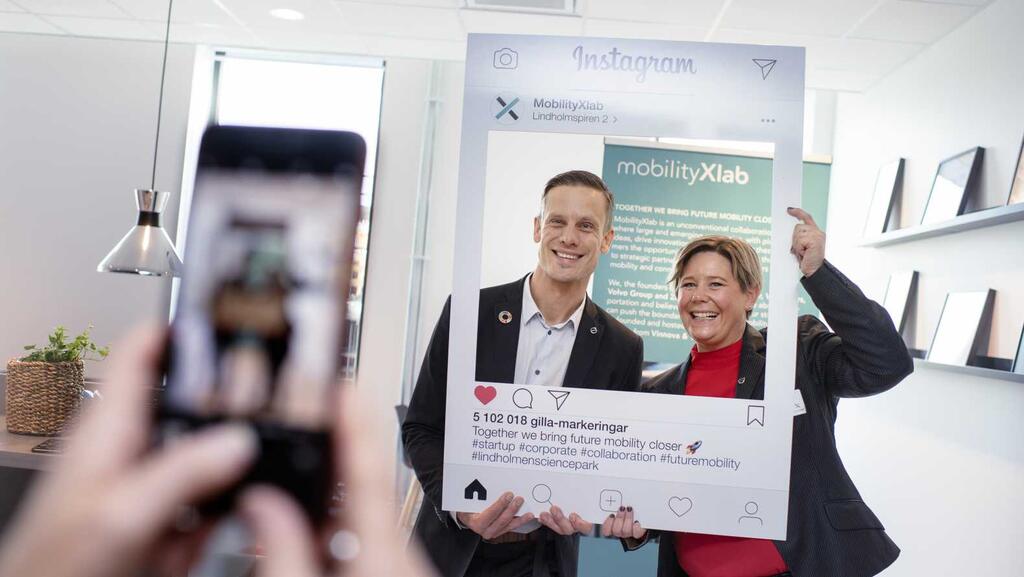
Five categories in focus for the current application
For this application, our partners are looking for innovations within Electromobility, In-Cabin Tech, Autonomous Enablers, Connectivity, and Smart Transport Systems. Application is open between February 1 and March 27.

INFO SESSIONS ABOUT MOBILITYXLAB
Join us during this live session where you will get some more information on MobilityXlab. We will go through the buildup of the program, how startups and partners collaborate and end with a QnA session.
March 7, 9-10 AM CET, sign up here.
March 10, 3-4 PM CET, sign up here
REVERSED PARTNER PITCHES
To add more value to the collaboration between its six industry partners and some of the world's best startups, MobilityXlab is hosting "Reversed Partner Pitch", which gives startups unique insight into partner needs. Sign up here for your chance to listen in, and ask questions.
Electromobility, February 21 at 1.00 - 2.00 pm CET. Sign up here.
In-Cabin Tech, February 21 at 2.00 - 3.00 pm CET. Sign up here.
Autonomous Enablers, February 22 at 1.00 - 2.00 pm CET. Sign up here.
Connectivity, February 22 at 2.00-3.00 pm CET. Sign up here.
Smart Transport Systems, February 23 at 2.00 - 3.00 pm CET. Sign up here.
MORE ABOUT THE FIVE CATEGORIES
ELECTROMOBILITY
Electromobility is bringing new opportunities with new powertrain, battery management systems, and onboard power management solutions. But transitioning to new electric vehicles can be also challenging as it involves a whole new connected ecosystem of charging solutions, charging experience, and charging infrastructure.
We are looking for solutions in energy management, battery analytics and thermal management, route planning, grid services, second life ESS (energy storage systems), electric infrastructure and charging solutions, and motor drive systems. We are also interested in reliable digital twins for components, systems, and various driving environments to enable accurate simulations, as well as prescriptive and predictive maintenance.
IN-CABIN TECH
In future mobility solutions, the riders and the drivers will experience the rides in a completely new way. Aspects of safety, security, and sustainability are of utmost importance.
We are looking for solutions on how to create an optimal experience and introduce new ways for how a rider or driver can interact with the vehicle and the goods it transports, as well as how we can assure the safety of the driver and rider and provide support should an accident or health issue occur. Other important areas for us are how to apply new sustainable materials or circular solutions, aligning with our goal to become climate-neutral by 2030 and circular by 2040.
AUTONOMOUS ENABLERS
The first unsupervised autonomous vehicles on the road will have a limited operational design domain (ODD). Examples are semi- and fully confined areas such as ports, mines, quarries, divided roads, during daylight and with ideal weather conditions, and so on. Gradually, the ODD will expand as the software matures and new hardware becomes available.
We are interested in solutions that can accelerate our expansion of the AD ODD, both from a software and hardware perspective – better and more efficient AI, fleet learning, automatic annotation, un- or semi-supervised learning, faster and more efficient safety validation and verification, sensor fusion, higher fidelity simulation, regional adaptation, new or improved sensors, as well as faster and more efficient computation.
CONNECTIVITY
Mobile communication with vehicles increases in importance as new services emerge, such as autonomous and intelligent driving. All these new services require vehicles to be connected to a cloud, and 5G is a key enabler to ensure high data rate and low latency. Connectivity through mobile communication is therefore a global enabler for true mobile services for the automotive industry.
The automotive industry is an instrumental part of future mobility and has the potential to create more efficient, sustainable, and safer mobility systems. 3GPP standardization for interoperability, global scalability, and resilience in cellular networks will become increasingly important, and secure connectivity is a cornerstone for future collaborative and automated mobility systems.
We are looking for startups with an understanding of connectivity and mobile network assets applied in automotive and relevant solutions in this area, such as for example automotive cloud solution innovations.
SMART TRANSPORT SYSTEMS
Green, smart, and accessible mobility are key factors for sustainable societies. To meet increasing transportation demands while reaching sustainability goals is a challenge indeed. Future mobility systems will have to move more people and goods with lower energy consumption, zero-emission, and less pollution.
Examples of what this will require include:
- Demand-responsive transit solutions, flexible and convenient enough to outcompete the private car
- Ways of combining transport of people and goods
- Multi-modal transport systems consisting of a chain of different kinds of vehicles and vessels
We are looking for innovative and sustainable system solutions in this area that go beyond simple ride-sharing apps.

